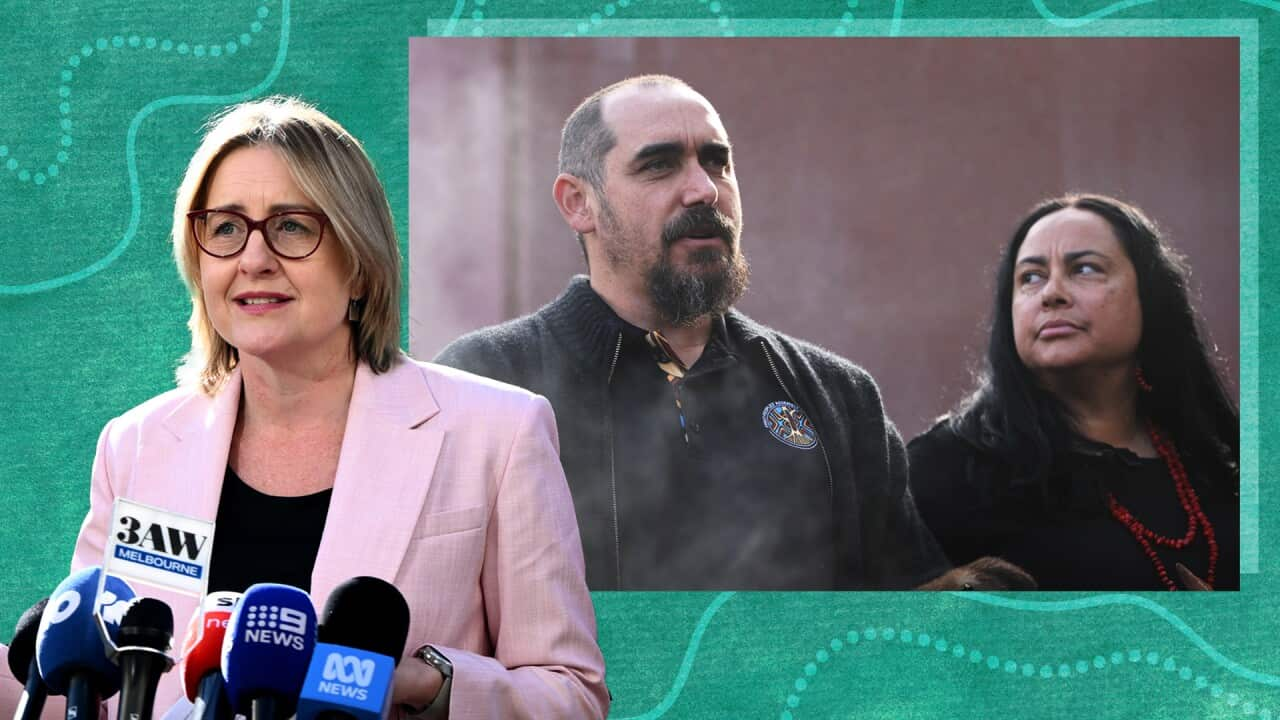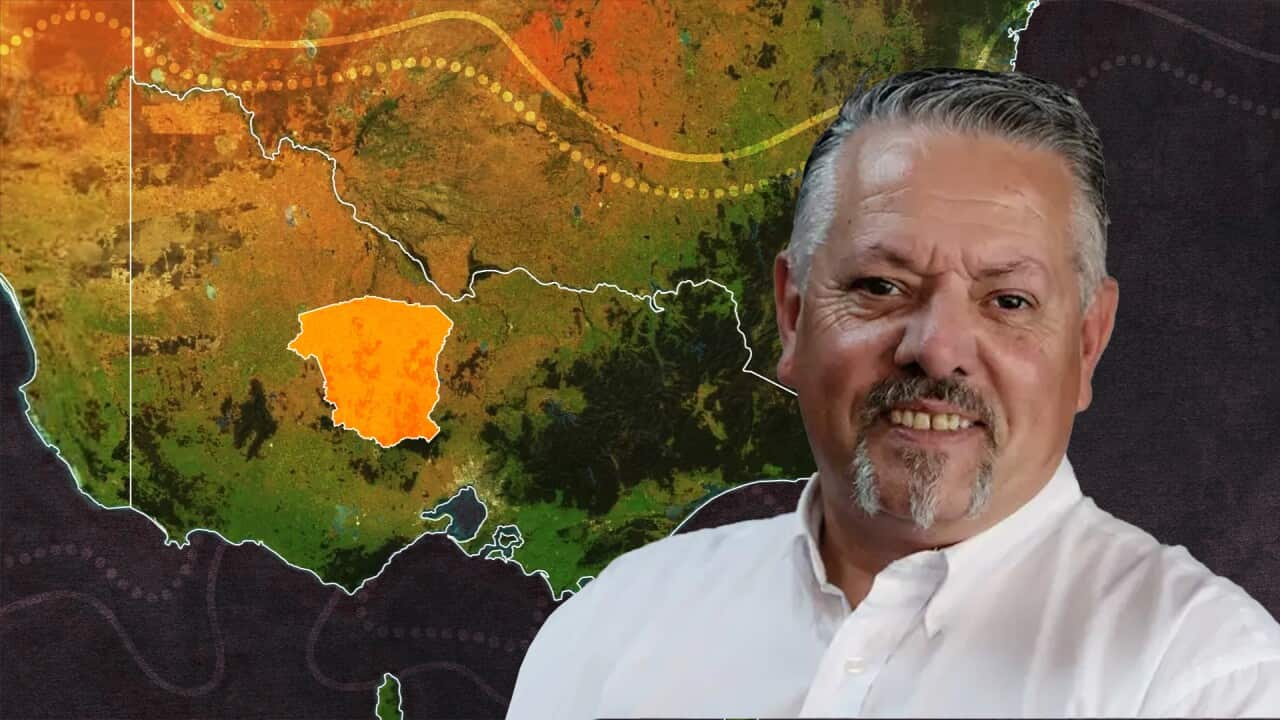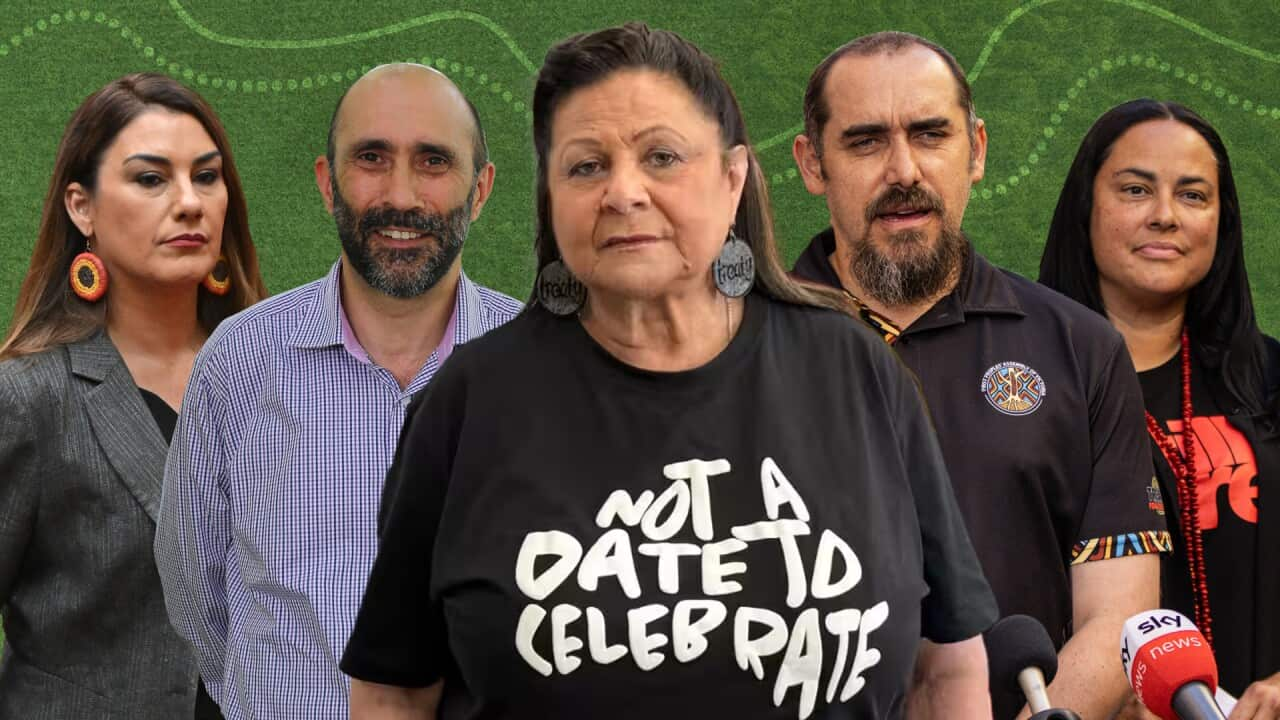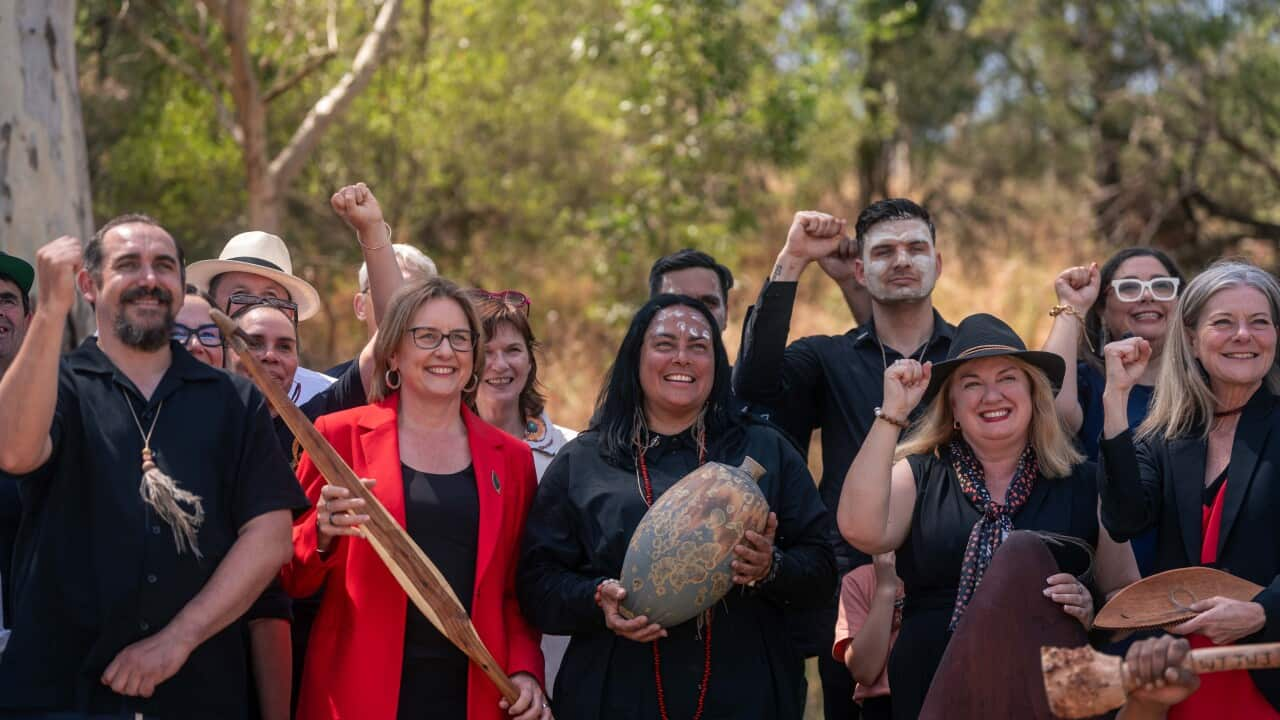

Explainer
What can mob expect from Victoria's long anticipated Treaty?
From truth telling to school curriculum changes, NITV breaks down the changes Victorians can look forward to from the state's planned Treaty.
Published
Updated
Victoria's statewide Treaty legislation marks a historic step forward for Aboriginal activists in the state, many of whom have spent generations fighting for justice.
The latest move comes after a year of formal negotiations between the Victorian Government and the First Peoples Assembly - a democratically elected representative body for mob in the state.
Now that the two parties have come to an agreement on what Treaty should cover, the Statewide Treaty Bill has been introduced to parliament and is expected to become law by the end of the year.
Here's what's covered in the bill, and what we can expect to happen next.
No decisions about us, without us
Key to the Treaty are new powers for the First Peoples Assembly, which the legislation will refer to as Gellung Warl - meaning "tip of of the spear" or "pointed spear" in the Gunaikurnai language.
While the legislation will refer to Gellun Warl, the organisation will continue to be called The First Peoples Assembly of Victoria publicly.
Not only will the Assembly be made permanent, the state government and its departments will also be required to consult the body on laws and policies that would affect First Nations people.
"This will create a body that will enact real, practical change for First Peoples in our state and everyone wants to see First peoples thrive," said Rueben Berg, one of the Assembly's co-chairs.
But the Treaty will go further than just requiring the state government to consult the Assembly.
It will also create a new body within the assembly that has the powers to hold public hearings and question government ministers over issues affected Aboriginal people.
"Decisions about us are only as good as the mechanisms that uphold them. That's why we will establish a new outcomes commission called Nginma Ngainga Wara to provide independent oversight and accountability for government," Mr Berg said.
The name of the commission, Nginma Ngainga Wara, means "you will do" in the Wadi Wadi language.
The Treaty will also establish another major commission to sit under the assembly - a new truth telling and healing body, to continue the work started by the Yoorrook Justice Commission.
It will be called Nyerna Yoorrook Telkuna - which means sitting, listening, remembering, truth, and healing in Wamba Wamba/Wemba Wemba.
Treaty will build a future based on respect, truth and shared responsibility ... this is a chance for all Victorians to acknowledge our past, heal and move forward together.Ngarra Murray, First Peoples Assembly of Victoria
"Victoria has been on the road to Treaty for nearly a decade, but Treaty is the culmination of many decades of activism and work," said Ngarra Murray, the First Peoples Assembly's other co-chair.
Education, training and community in the spotlight
While those new bodies constitute some of the more significant changes the proposed Treaty would entail, there are several other elements to the agreement covering areas like education and the sharing of culture.
The parties have agreed to update the state's school curriculum to teach students the true history of the state.
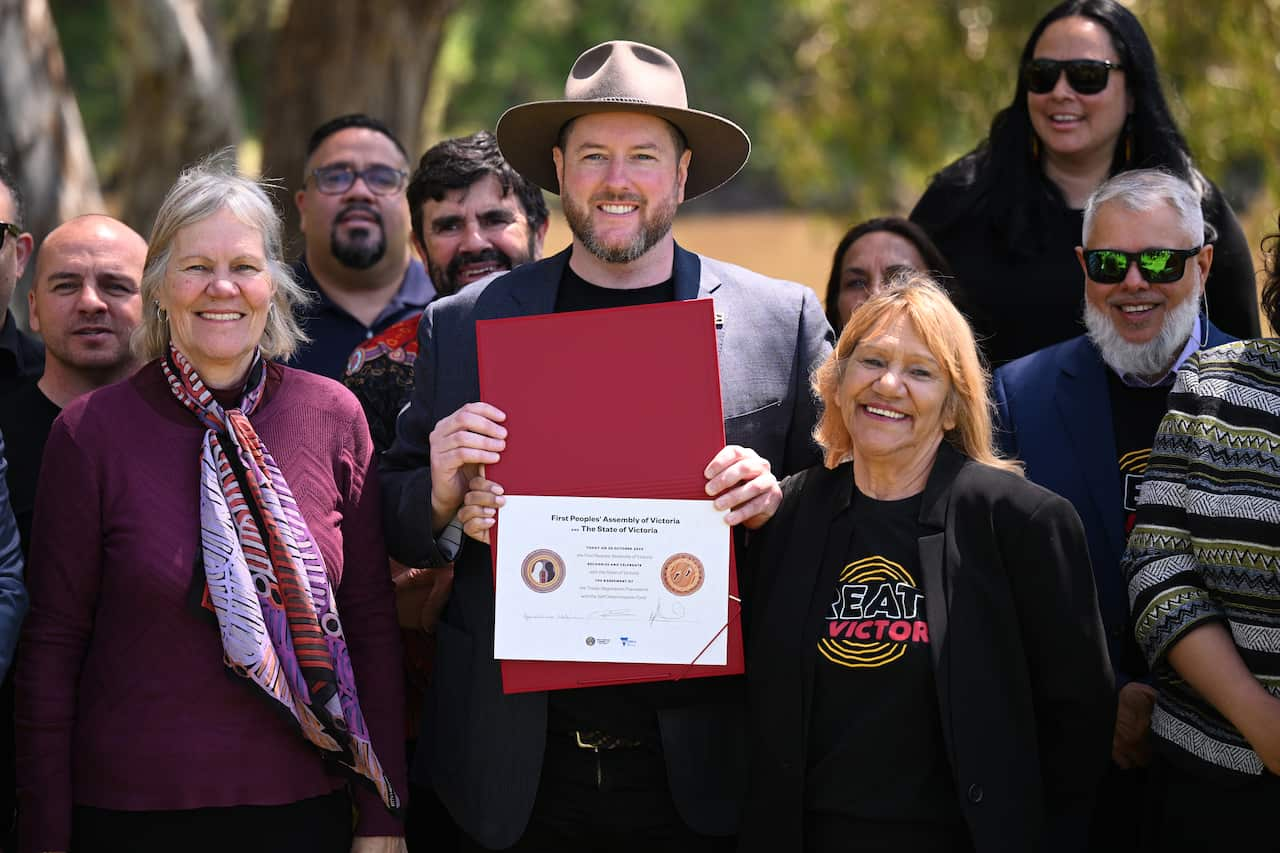
"It is about ensuring that future generations understand the history of this great state, it should be a matter of pride, it should be taught in our schools that we are home to the longest continuous culture on the planet," said Premier Jacinta Allan.
"We know that post colonisation some of that history has been incredibly challenging to hear because of the impacts of colonisation ... understanding that history is fundamental to how we move forward."
Mr Berg said the work of the Yoorrook Justice Commission in establishing a formal public record of the state's history had been crucial to the process.
"Until this year we haven't had a resource that was a First Peoples led resource to tell the story of First Peoples history through our own lens, and we have that now with Yoorrook," he said.
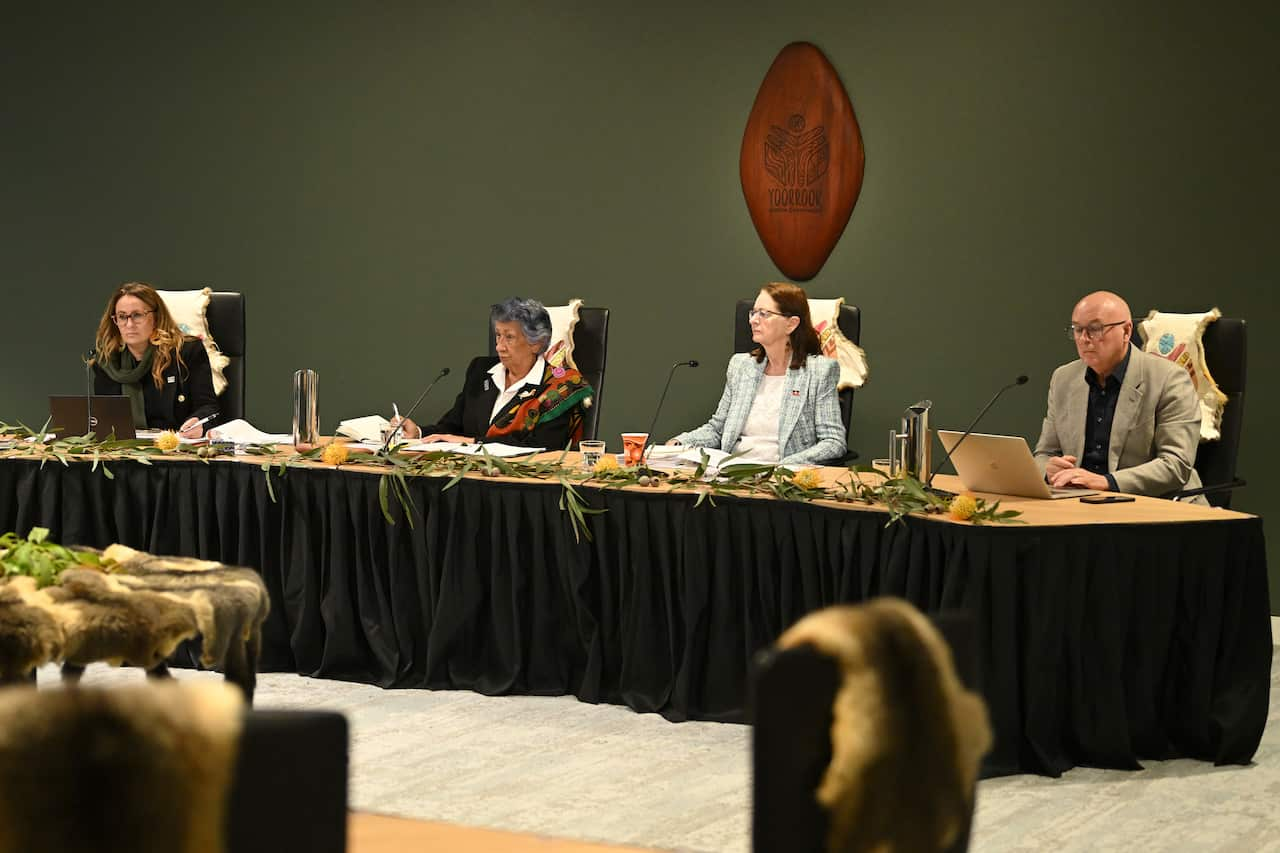
Premier Jacinta Allan has said the state's education minister is already investigating the changes required, and any updates to the curriculum will be a collaborative effort between the government and the Assembly.
Two new organisations will also be established under the treaty.
The first is a First Peoples' Institute aimed at training and educating the next generation of Indigenous leaders.
The second organisation is a First Peoples' Infrastructure Fund, which will support Aboriginal led community organisations to maintain and upgrade their facilities and infrastructure.
There will also be cultural and language changes across the state.
Under the Treaty agreement, the Assembly and government will work with Traditional Owners to restore First Nations place names to areas like State and National Parks and water ways across Victoria.

First Nations peoples will also be given greater ceremonial roles at state engagements alongside dignitaries like the governor, and the Assembly will also lead local NAIDOC Week engagements.
"Treaty is all about driving better services, its all about better outcomes, and its going to be delivered because Aboriginal people will get to have a say," said Ms Allan.
What happens now?
The Statewide Treaty Bill has been introduced to the lower house of Victoria's parliament for its first and second reading.
It takes most bills a few sitting weeks to pass, meaning it is expected to be finalised and put into law by the end of the year.
While the Labor Government has long supported the process, the Coalition backflipped on its support for Treaty following the defeat of the Voice to Parliament referendum.
This week the Opposition Leader, Brad Battin, compared the Treaty process to the referendum.
"We've got concerns about the cost of the Treaty, we already know there has been a vote put to the Victorian people and the vote was a No for the Voice to Parliament and this would effectively be reinstating that," Mr Battin said.
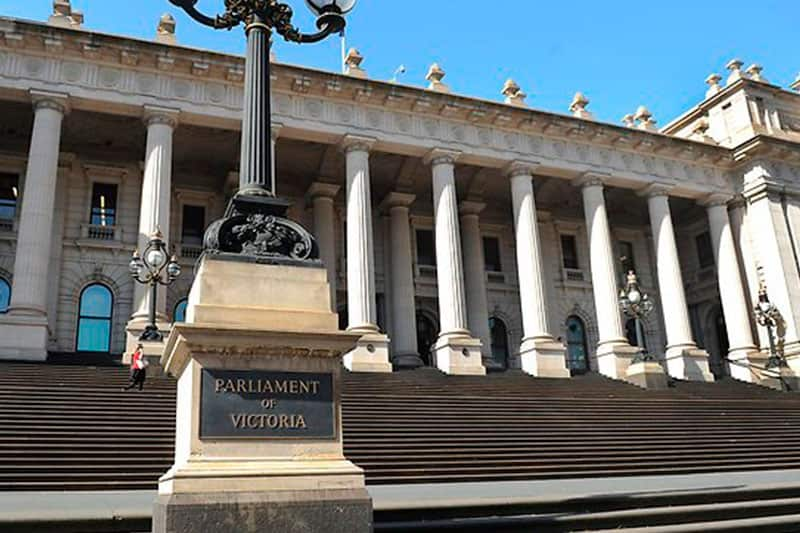
While the Treaty would require the government to consult the Assembly, which would act as a de facto Voice body, the 2023 referendum was asking all Australians to permanently change the nation's constitution.
Victoria's Treaty, on the other hand, will be legislated - meaning it can be amended or struck out by the parliament.
Shadow Aboriginal Affairs Minister Melina Bath said the Coalition disagreed with Indigenous communities
"There are different ways to reach closing the gap, First Nations people and the government believe there's one way, we believe there's another way," said Shadow Aboriginal Affairs Minister Melina Bath.
Ms Bath would not confirm if the Coalition would strike out the Treaty legislation if it wins the state election next November.
Premier Jacinta Allan said Treaty was simply about achieving better outcomes by listening to and working with Aboriginal communities.
"This has been identified by the Productivity Commission as the best mechanism to close the gap because the current settings just aren't doing that," she said.
"This is a moment that the Opposition have to grasp to drive better change for Aboriginal Victorians because we'll all benefit as a society."
